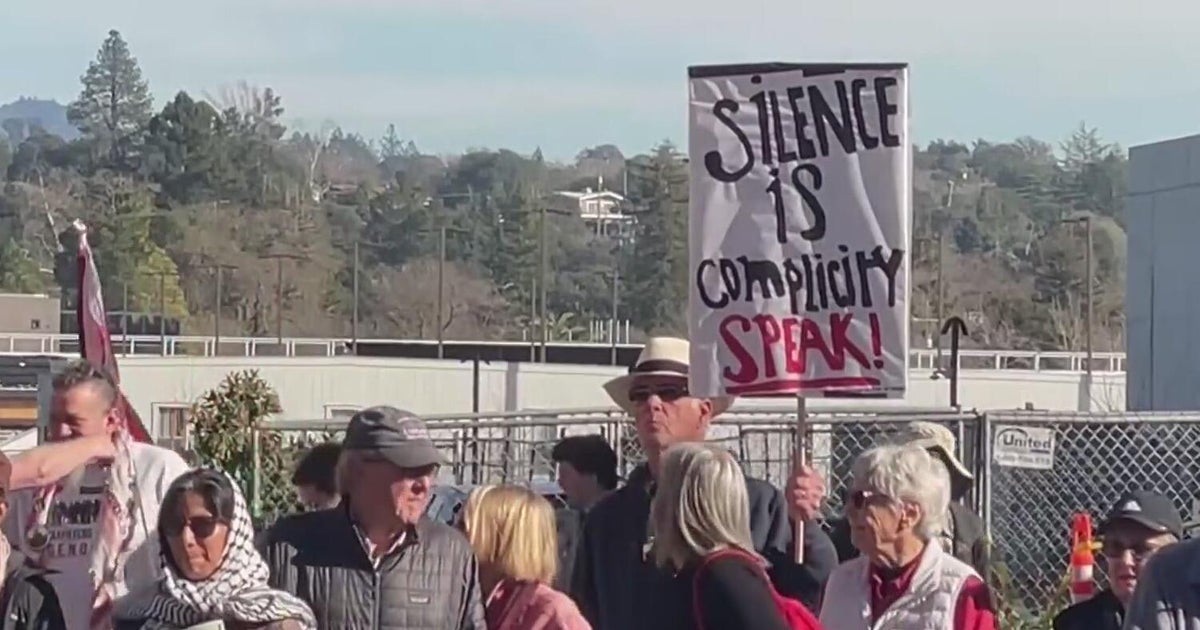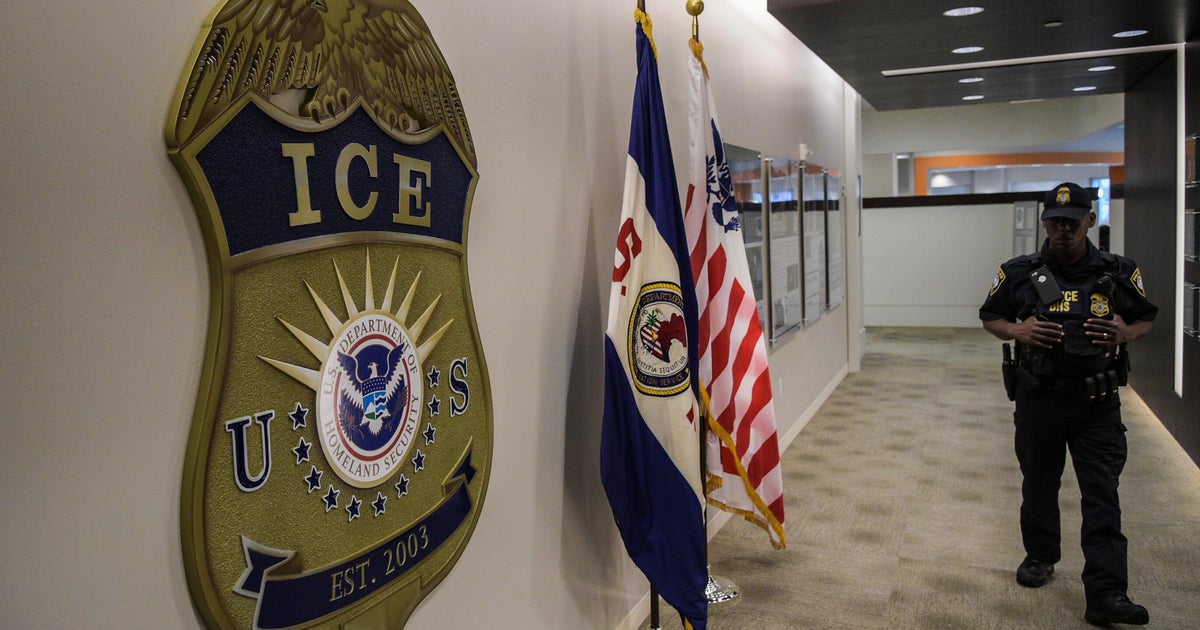Livingston County passes resolution for sheriff's office to monitor undocumented immigrants
(CBS DETROIT) - The Livingston County Board of Commissioners on Monday passed a resolution that requires the sheriff's office to track all contact it has with undocumented immigrants.
The move has been slammed by civil rights and community groups, who say it "fosters division" and "endangers residents."
"Oh, I'm very pleased," said Livingston County Commissioner Wes Nakagiri. "The vote was 8-0-1; there was one commissioner who was absent, so I'll still call it (a) unanimous vote. It was uplifting, from my standpoint. I am an America-first person, and I really want Americans to be treated with preferential treatment by their elected officials."
In response, 19 civil rights groups, faith institutions, local governments and businesses released a statement that reads, in part:
"Tracking immigration status is not the business of local law enforcement and takes valuable time away from the type of community policing that can actually help keep local communities safe.
"Immigration law is extremely complicated, and local police can easily break the law if they take actions based on speculation regarding an individual's legal status... Livingston County has set a dangerous precedent. In addition to being divisive and impractical, the resolution will also make the county vulnerable to costly litigation at the expense of taxpayers."
For his part, Nakagiri says the measure is needed.
"It's needed so that we, the policymakers, can have some metrics on what is the extent of the problem," he said. "And maybe we'll find out there is no problem. We may shift the funding around more into public safety if we need to. But I'd like to get as early warning as I can, and that early warning comes from the monitoring and the statistics."
In an interview on Sept. 20, the chair of Livingston County Democrats, Judy Daubenmier, told CBS News Detroit she believes the move is fearmongering.
"Their strategy of talking about the southern border doesn't work here in the Midwest," said Daubenmier. "So, they have to scare people into thinking they're in danger here — when they're not."







